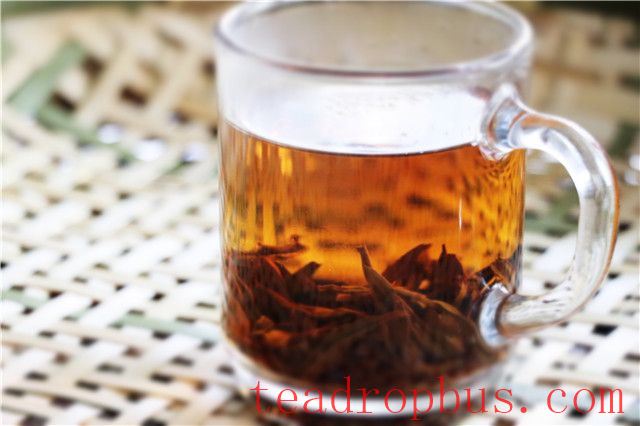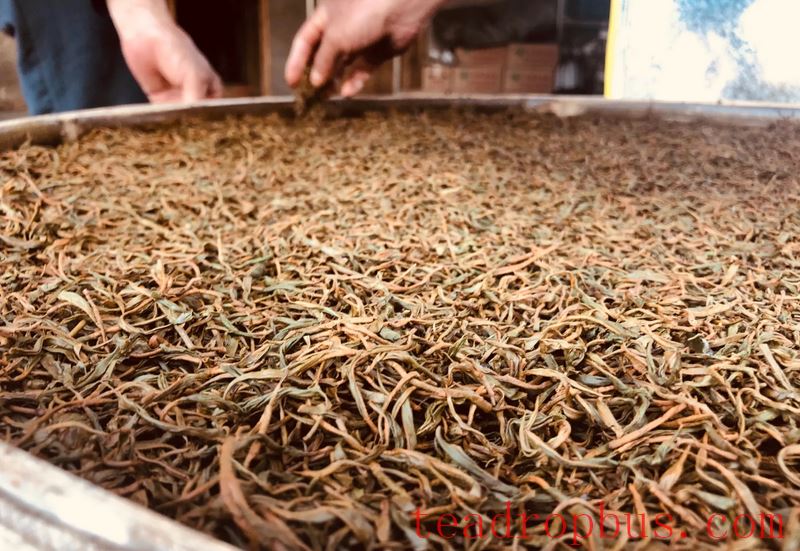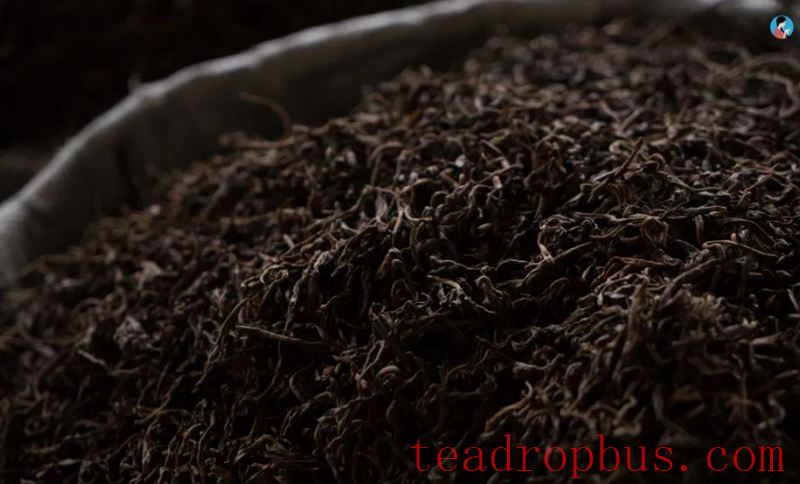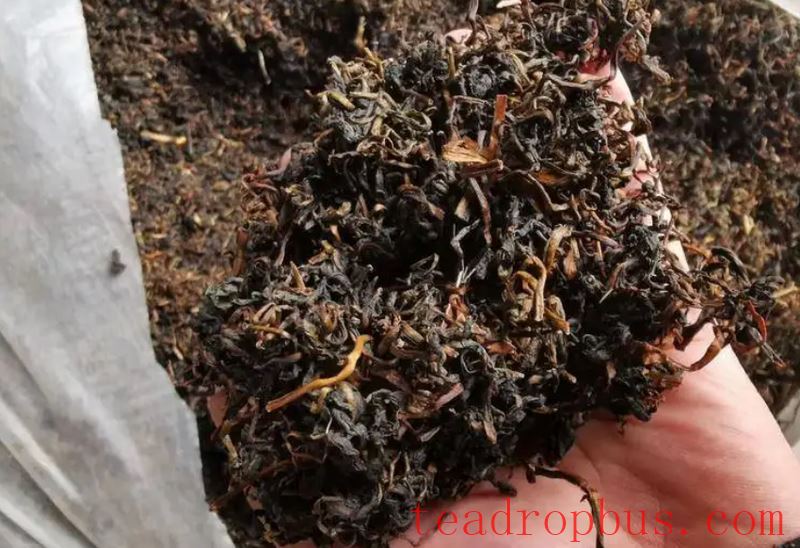How long does black Tea generally ferment? Black Tea usually requires 5 to 6 hours of fermentation.

Fermentation, commonly known as “sweating,” is the most critical step. It involves placing the kneaded tea leaves in a basket, slightly compacting them, and covering them with a cloth moistened with warm water to increase the temperature and humidity of the fermenting leaves, promoting enzyme activity and shortening fermentation time. Typically, after about 5 to 6 hours, when the veins turn red-brown, the leaves are ready for baking and drying. The purpose of fermentation is to oxidize the polyphenols in the tea under the promotion of enzymes, causing the Green Tea leaves to turn red.

Fermentation is the key process that forms the color, aroma, and taste characteristics of black tea. Generally, the kneaded leaves are placed in a fermentation tray or cart and taken into a fermentation room. Fermentation involves controlling the appropriate temperature, humidity, and oxygen levels required for the oxidation and polymerization reactions of tea polyphenol oxidase.
Under normal circumstances, black tea ferments for 4 to 6 hours. However, the specific duration depends on factors such as the age and tenderness of the leaves, the weather being hot or cold, the dryness or wetness of the withering process, and the degree of kneading. Generally, younger leaves, those kneaded more thoroughly, and those fermented at higher temperatures will ferment faster and require less time. Conversely, they will require more time.

The duration can vary. As long as the tea doesn't become sour or musty during fermentation, it's fine. The tea maker needs to monitor the progress of fermentation continuously. The fermentation time is only a reference; whether fermentation should be terminated should depend on the degree of fermentation achieved.
An Introduction to Black Tea Fermentation
Moderate fermentation is typically indicated by the leaves turning mostly red-yellow, the disappearance of any greenish scent, and the emergence of floral and fruity aromas. In large-scale production, the final check involves assessing the liquor color, taste, and Leaf base to determine the degree of fermentation.

The constant temperature for fermentation is controlled around 22-28°C, and the precise value needs to be determined through further testing based on factors such as the fresh leaf material, the degree of withering, and the kneading process. Controlling the fermentation time and temperature is crucial in making black tea, and proper adjustment is necessary to ensure its success.